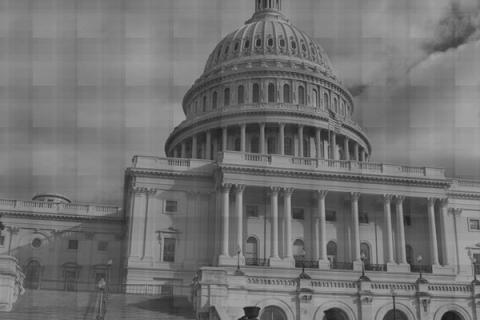"Term limits are to citizens what across-the-board spending cuts are to politicians. Both cases discourage responsible thought on the part of the participants." once wrote Michael Herman in The Los Angeles Times back in 1996.
The other day I received yet another email petition calling for term limits as an answer to the variety of ills that have befallen our political system. As I looked at the colorful email (literally – each paragraph was a different hue as if to emphasize the increased importance assigned to the crescendo of thoughts), I couldn’t help being sucked into the idea that term limits might just help. The return to an age of “citizen politicians” who governed part-time then returned to a more permanent career had a nostalgic appeal. But something was nagging at me.
I knew that term limits had been tried with little real impact (term limits have been in effect in California since 1990). Many termed-out legislators merely move on to other positions – whether elective or not – within the political class. Term limits are simply not the big problem of modern politics. I would argue that unlimited money in politics is.
In fact, the political class must see such term limit campaigns as a form of “money in the bank,” because it so thoroughly detracts from the real heart of the matter: control of the vast majority of political activity by a tiny minority of Americans who have the money to do so. And as the nation’s financial disparity worsens, this situation deepens.
Term limits make literally no impact on this problem because the moneyed class controls the political class from the inside out. The people whose names you know – the state, federal or local elected officials, represent only the visible portion of the problem. What remains hidden are the real machinations of the political process -- the staffs, the regulators, the bureaus and agencies that make up most of government, plus the lobbyists who pull the strings. Term limits have zero effect on this massive bureaucracy, and, in fact, help keep it hidden from view.
When a term limit environment hits a bicameral legislature, the politicians move from one house to another, sometimes rising to statewide elective or appointive offices and even to the governor’s chair. And when they’ve played out all of those possibilities, they can simply slip into legislative support roles or, even more lucratively, lobbying. It’s all one big happy family in state capitals around the nation as well as in Washington, D.C. Term limits will not and cannot stop this corrosive process.
But people are looking for a simplistic answer to solve the problems as they see them, and solve them in such a manner that the pain is minimal in their personal lives. Limiting terms of office will make so little difference in the way we operate that it will hurt none of our cherished political friends – the ones who guarantee you those special favors, put your children into military academies, and bring home the bacon to your local district. Plus, term limits won’t crimp the style of your local banks and businesses, and ensure business-as-usual continuity.
The fact is, email petitions demanding term limits aren’t likely to be hitting the computer drives of the newly angry Americans who have decided to take radical steps to occupy Wall Street and other financial centers around the country. These petitions are for people whose ideas stopped evolving with the 3rd party candidacy of Ross Perot in 1992. Nothing about term limits seems likely to shake up the true power structure, put political control back in the hands of the majority of American citizens, or suck big money out of the political process. And until the money is gone, the political class will stay right where it is.

